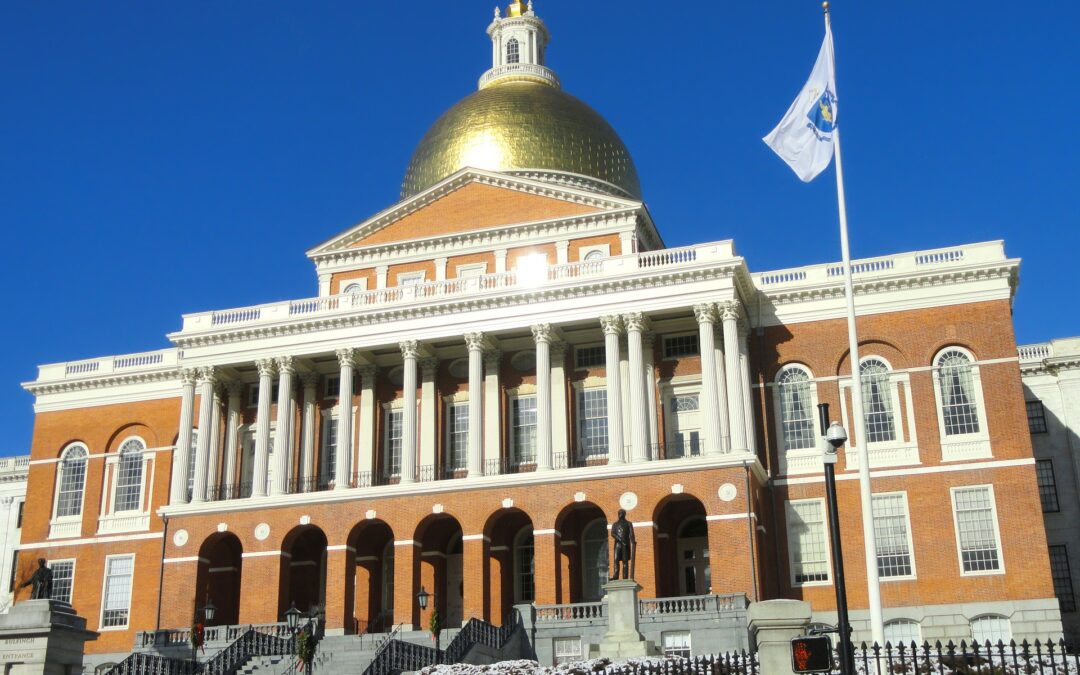On June 30th, the Massachusetts Legislature approved a $61 billion FY2026 Conference Committee budget and sent it to the Governor for consideration. Marking the earliest completion of a budget in nearly a decade, the final agreement includes important progress on housing issues, with continued investments in rental assistance and supportive housing, along with key policy updates to broker fee practices, homelessness prevention programs like RAFT and HomeBASE, and provisions that establish studies aimed at reducing construction costs and streamlining development.These decisions come amid growing federal headwinds, these decisions come at a time when the state is facing additional challenges, including potential federal cuts to housing and safety net programs, which could put further strain on the housing system.
However, several high-priority programs were funded at the lower of the House or Senate proposals, and several key initiatives were ultimately not included.
As the budget moves to Governor Healey’s desk, she has 10 days to sign the budget into law. CHAPA is urging that the strongest funding levels and policy provisions be maintained. CHAPA is also drafting a letter to the Administration advocating for full support of these critical investments. These operating dollars are essential to addressing the urgency of the housing crisis and advancing stability, affordability, and equity across the Commonwealth. Key highlights from the final budget can be viewed below, and the full budget tracker is available here.
Key Policy Language
- Residential Rental Broker Fees – Outside Sections 43, 54–55:
New language clarifies that only the party that directly hires a broker is responsible for the fee, reducing financial barriers for tenants. - Unlocking Housing Production – Outside Sections 106–108:
Directs studies on tax incentives, inspection reform, and local options to support housing development feasibility and affordability.
Programs with Maintained or Increased Funding
- Rental Assistance:
MRVP and AHVP were funded at $253.3 million and $19.5 million, respectively, sufficient to maintain the current number of vouchers, but not to increase the number of vouchers. - Supportive Housing & Reentry:
Programs including Home & Healthy for Good, Sponsor-Based Housing, and Housing Assistance for Reentry Transition were level-funded or slightly increased. - Access to Counsel:
Funded at $2.5 million. The “pilot” designation was removed, signaling an ongoing commitment to this crucial program. - Public Housing:
Operating subsidies were funded at $115.6 million, slightly below the Senate’s proposal but above the FY2025 level. - Fair Housing
- $275,000 earmarked for regional fair housing centers,
- Homeownership
$500,000 was dedicated to STASH, supporting first-generation homebuyers.
Programs Funded Below Requests or Prior-Year Levels
- RAFT:
Funded at $207.5 million, set at the House’s level. The final budget does include language directing EOHLC to evaluate program barriers, including the “notice to quit” requirement. - HomeBASE:
Level-funded at $57.3 million. The budget retains language requiring EOHLC to study eligibility improvements, including potential expansion beyond Emergency Assistance eligibility. - Housing Consumer Education Centers (HCECs):
Funded at $5.85 million, a partial restoration from earlier proposals, but still below FY2025 levels. - EOHLC Administration:
Funded at $16 million, above the House and Senate budgets, but below the $22.2 million called for in the Governors’ proposal earlier this year.
Not Included in Final Budget
- Tenancy Preservation Program (TPP): No funding included; program will rely on MassHousing support.
- Office of Fair Housing and Fair Housing Trust: Proposed $5 million was not included.
- Healthy Homes Program: A proposed $5 million to address mold, lead, and other hazards was withdrawn.
- Small Properties Acquisition Fund: Not included in the final budget.

